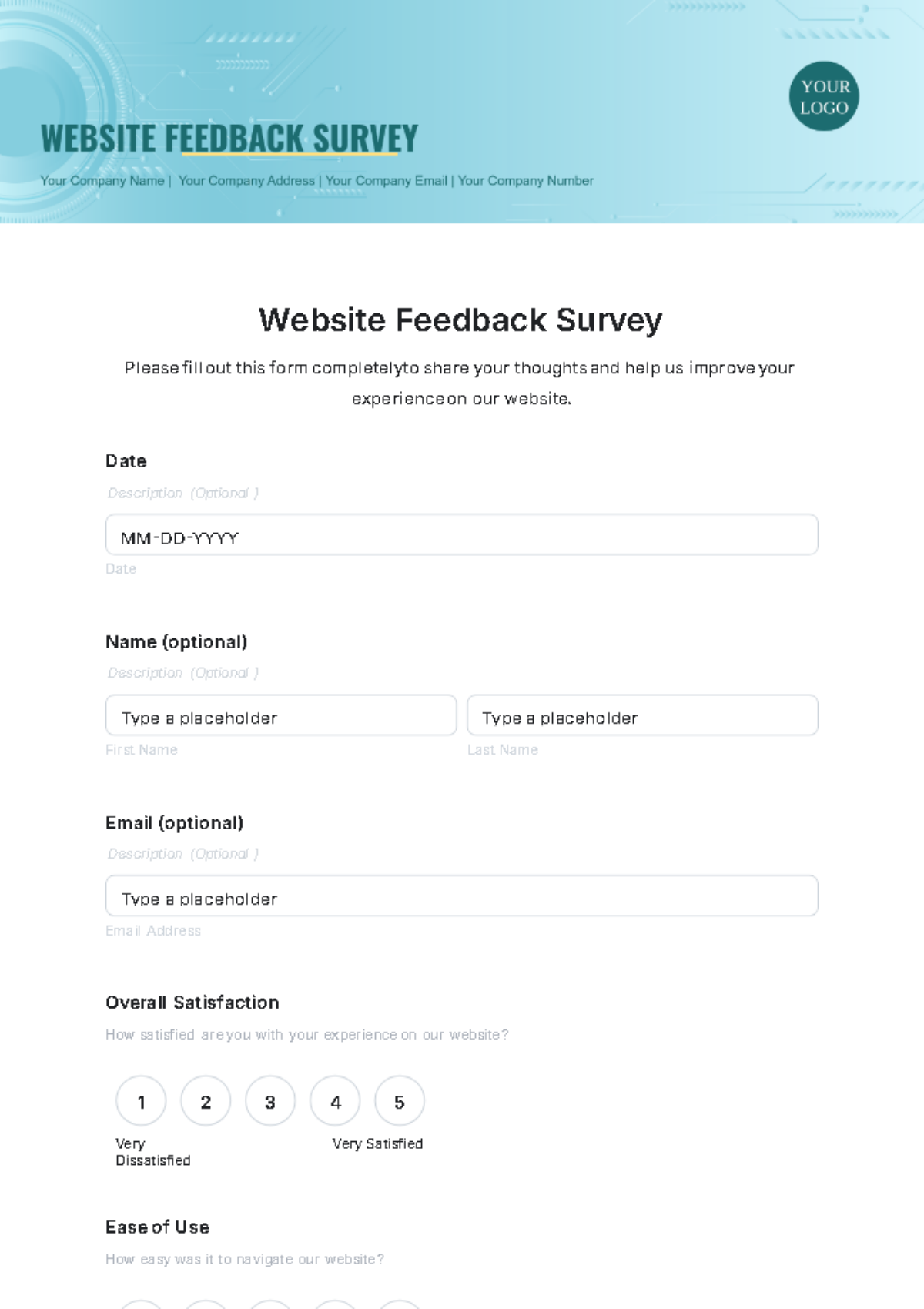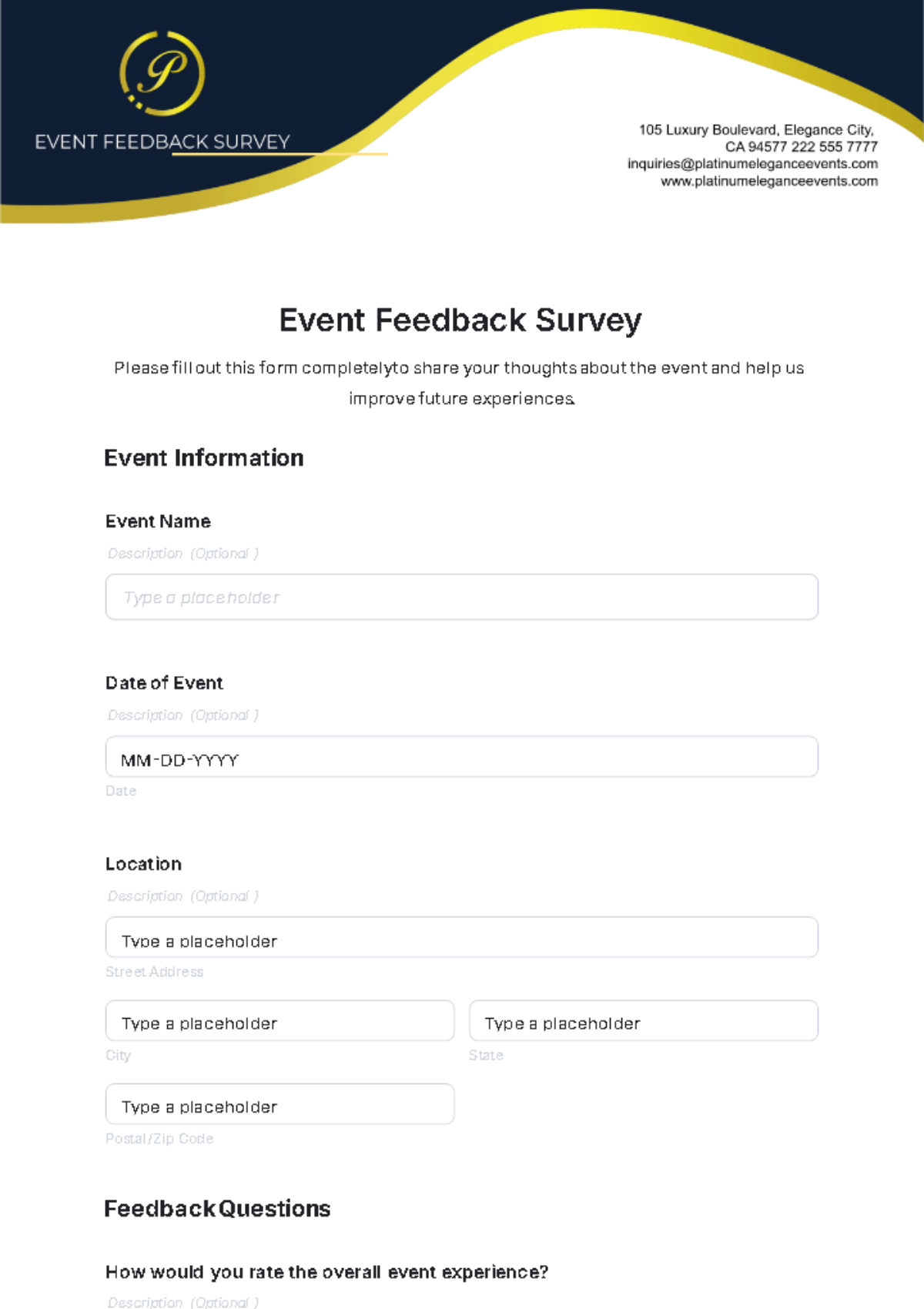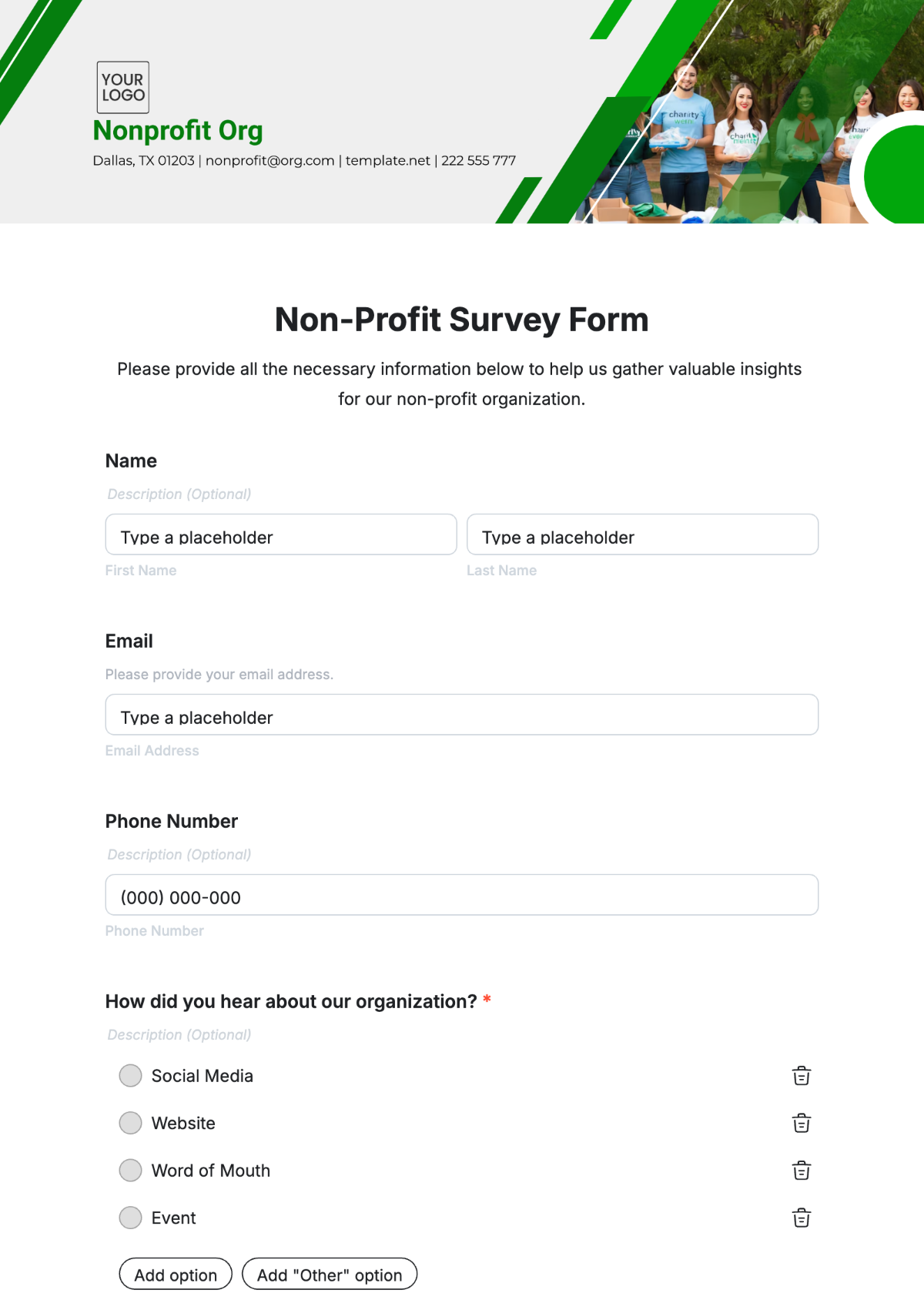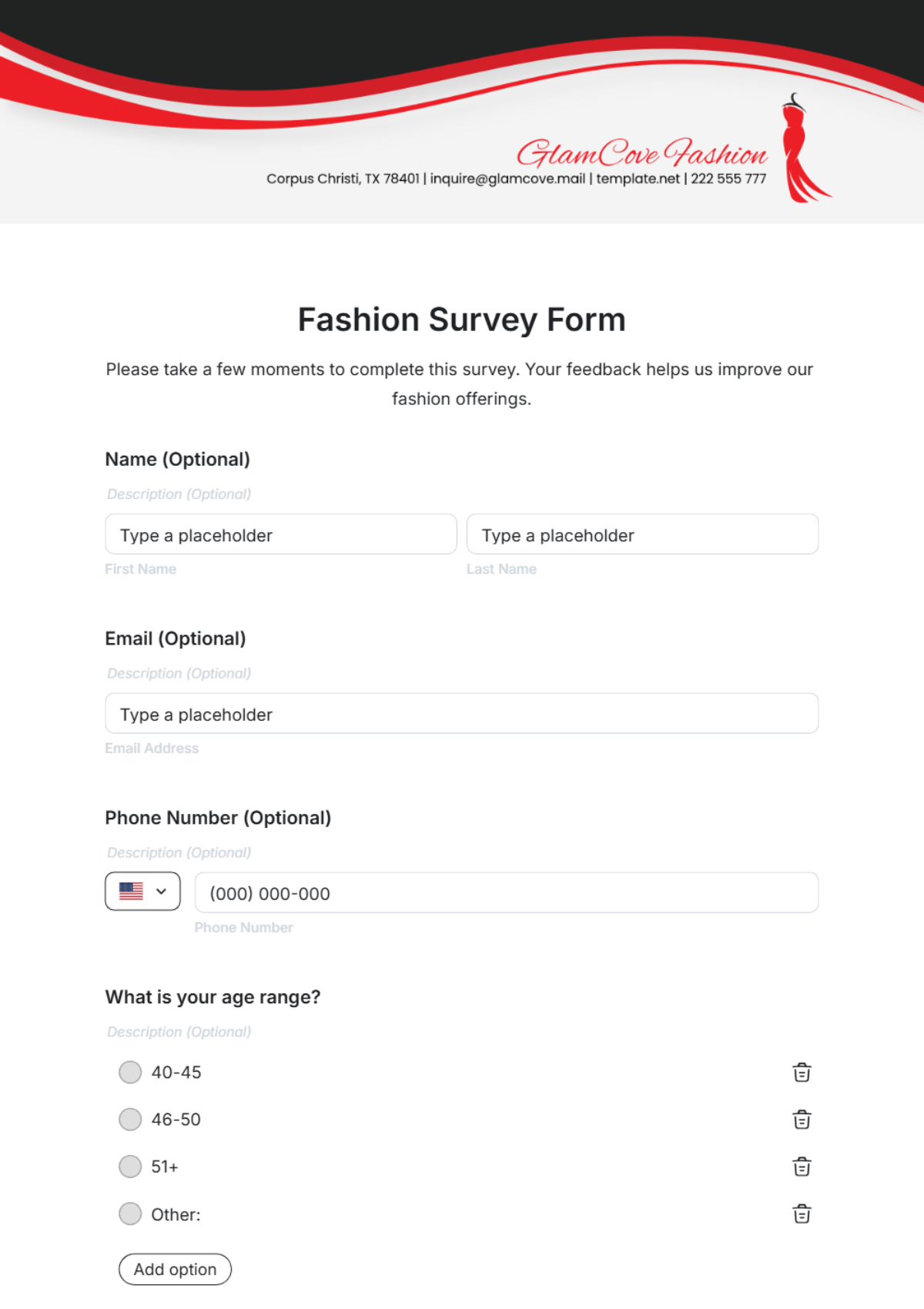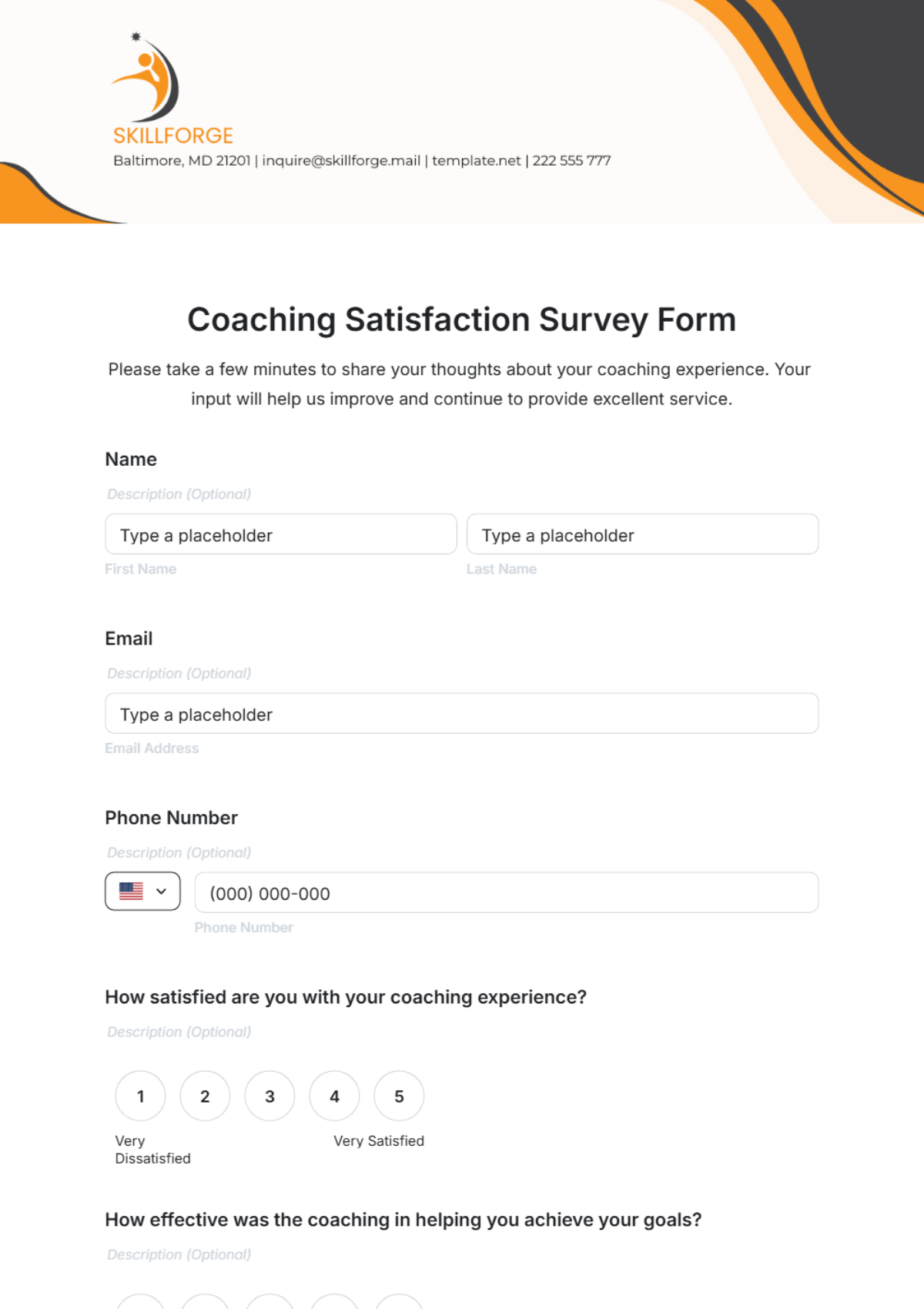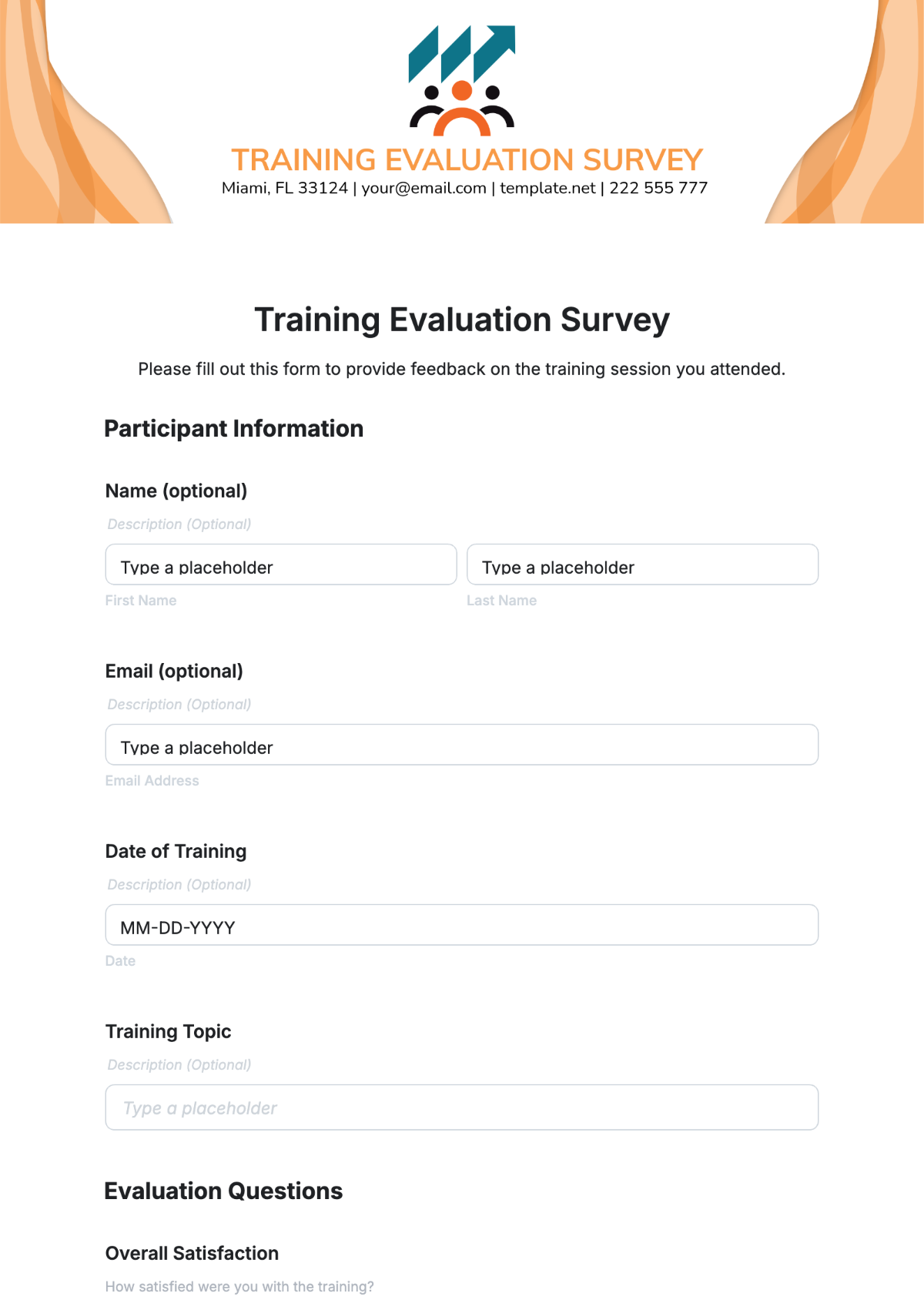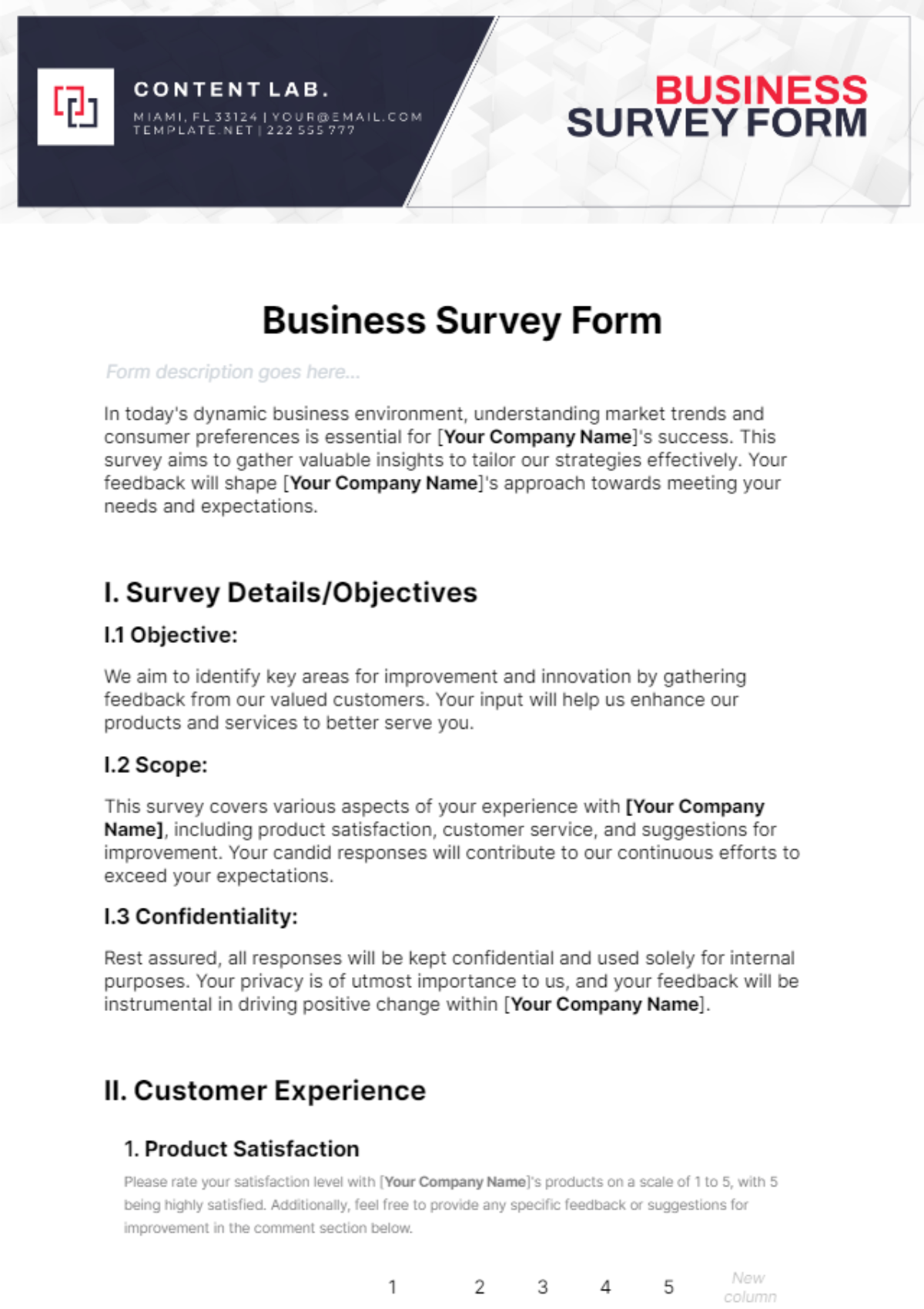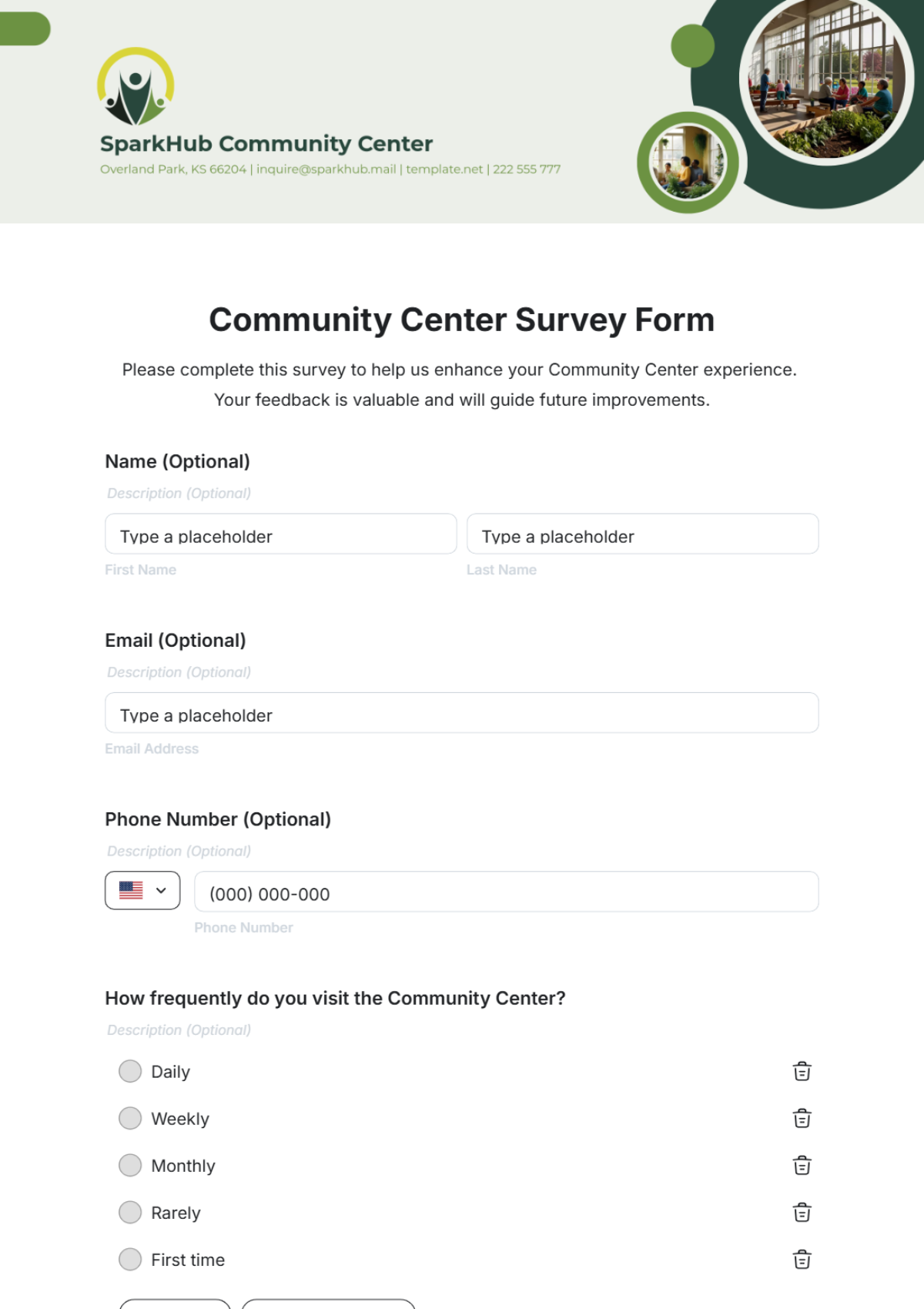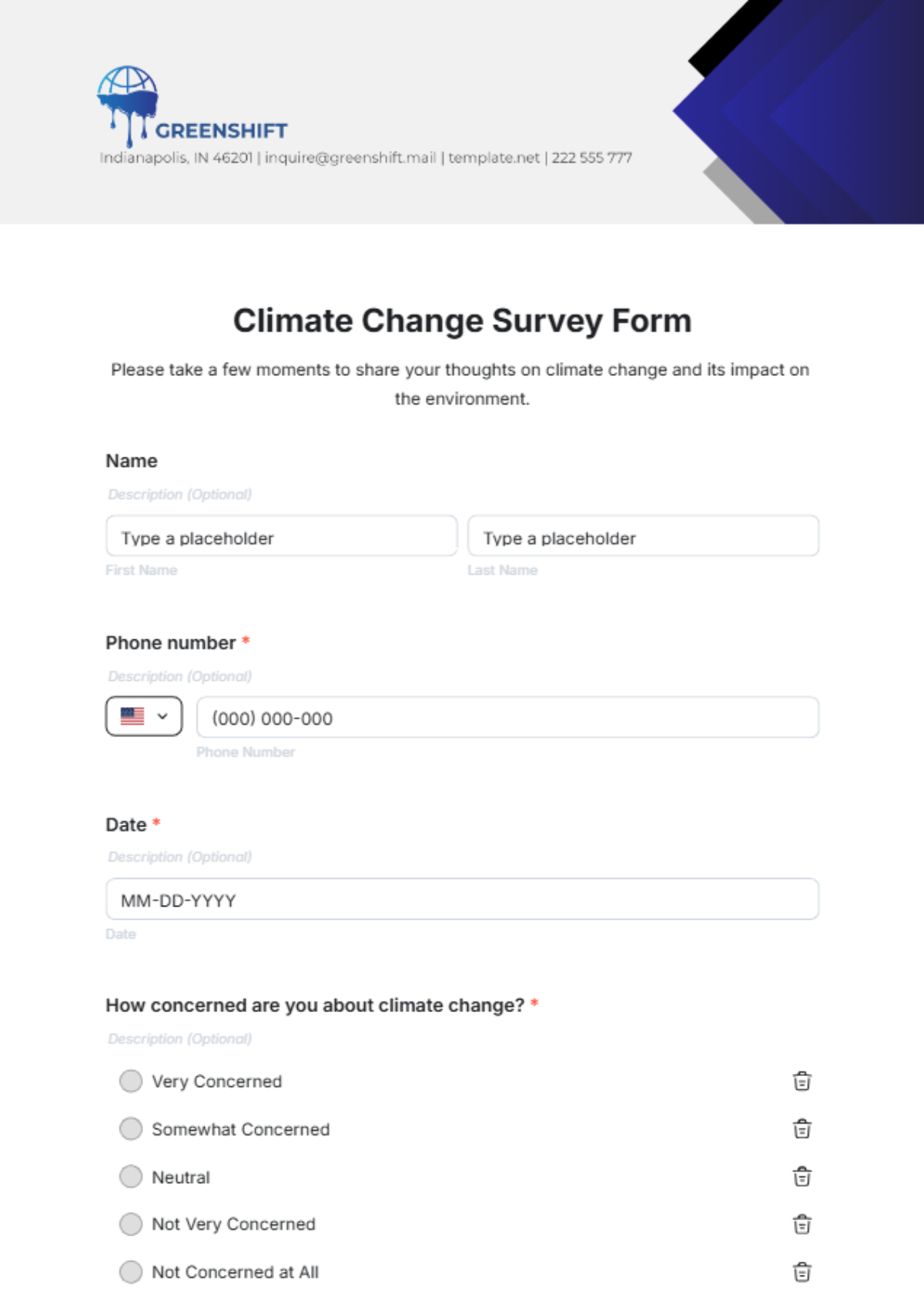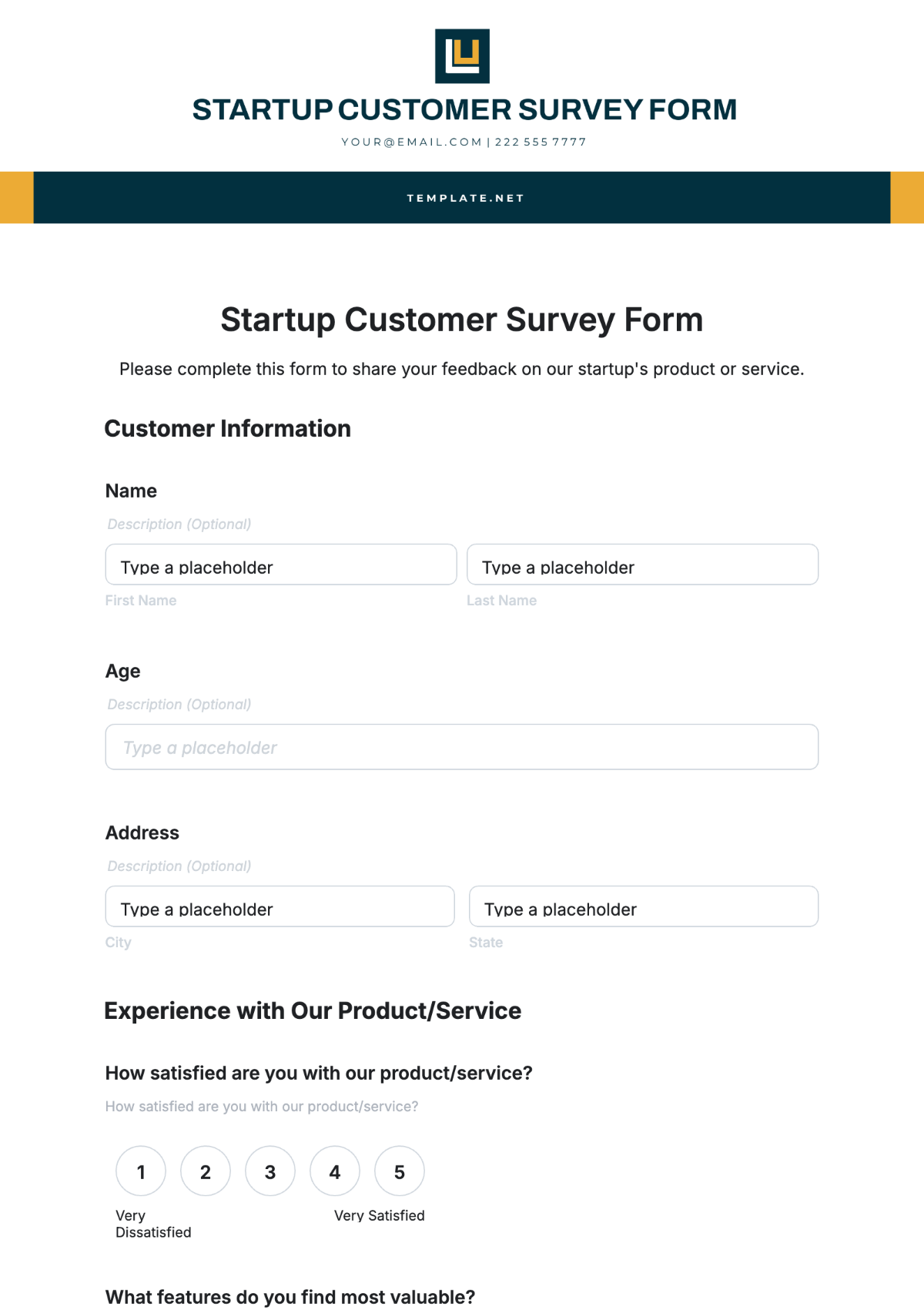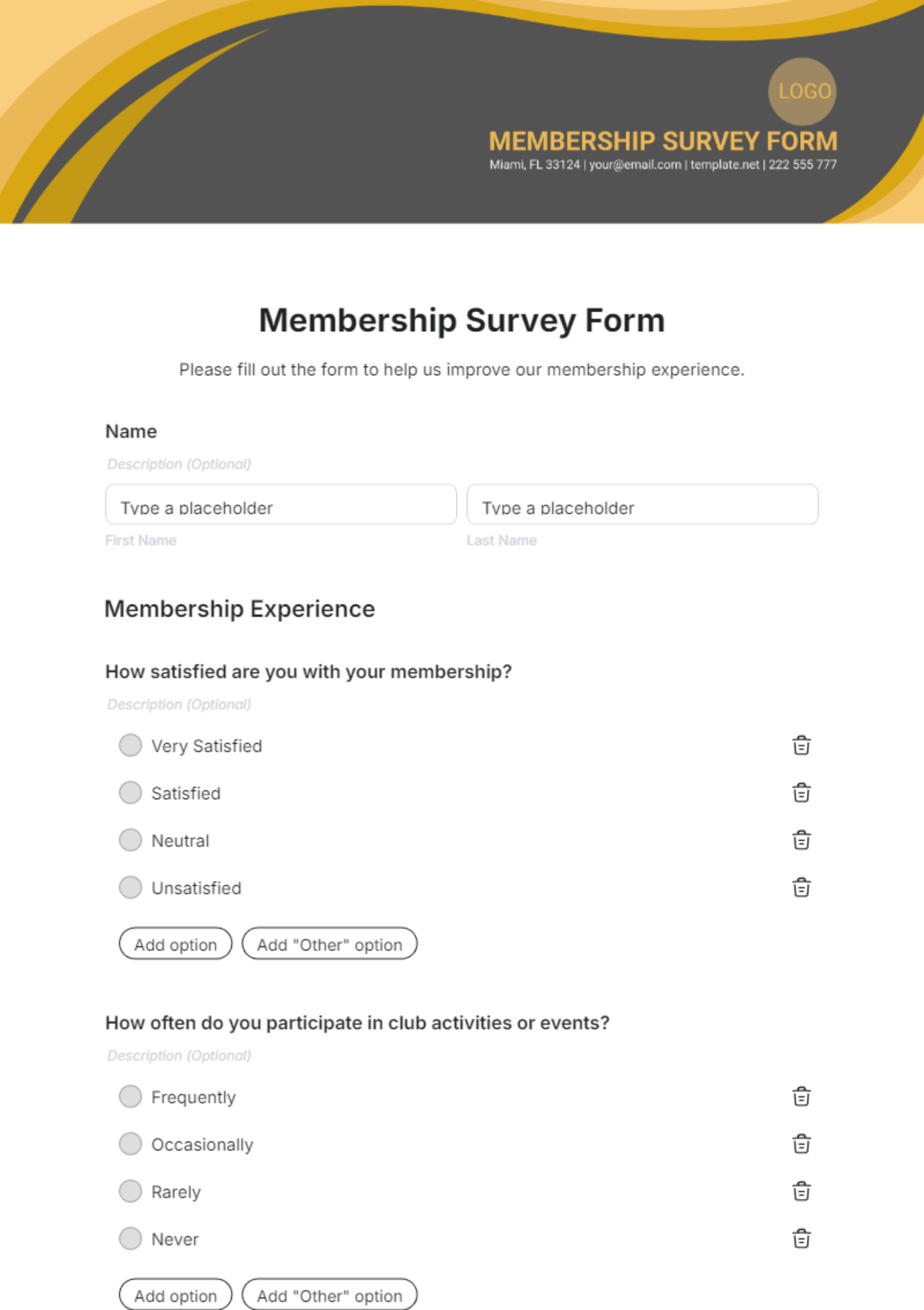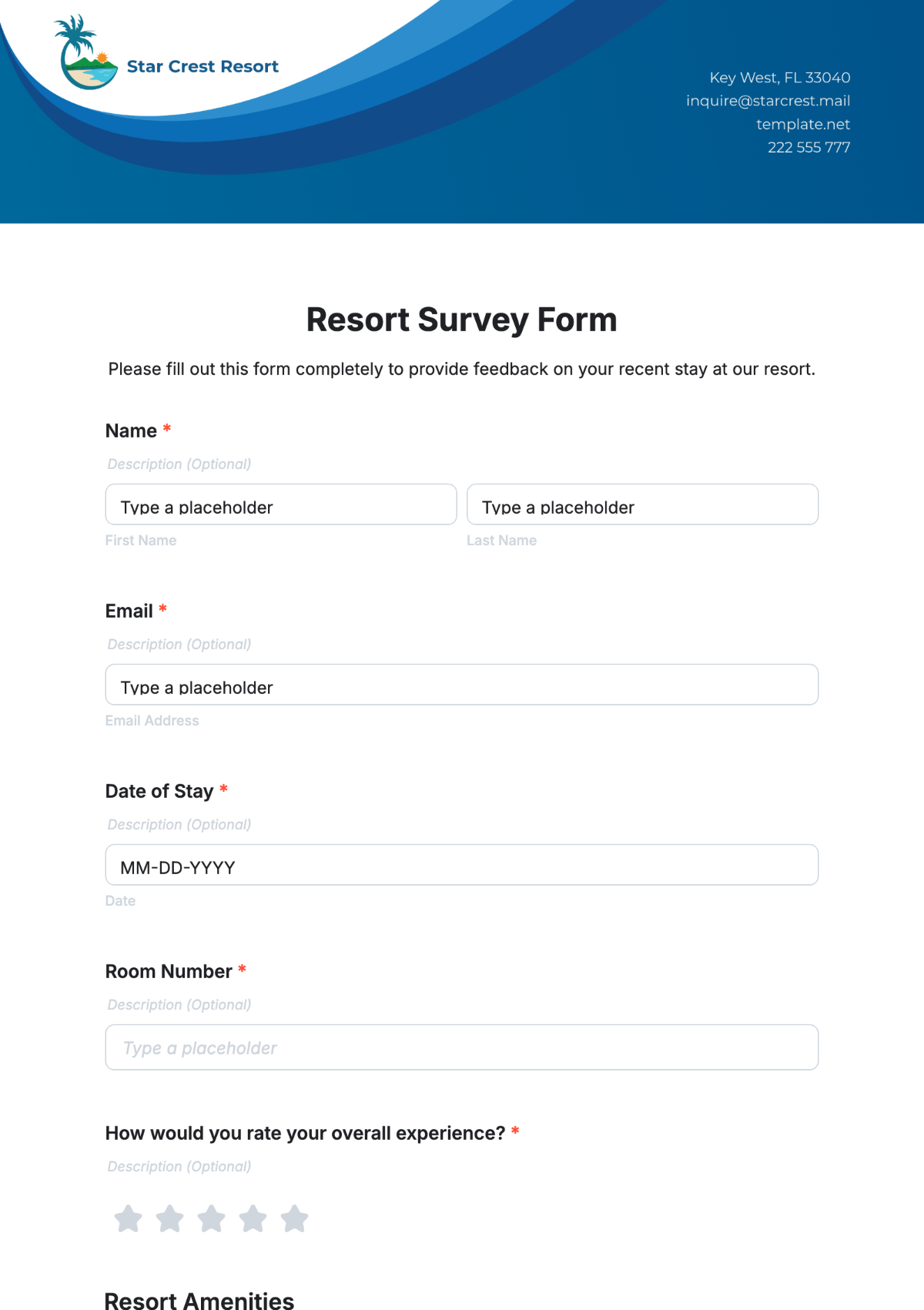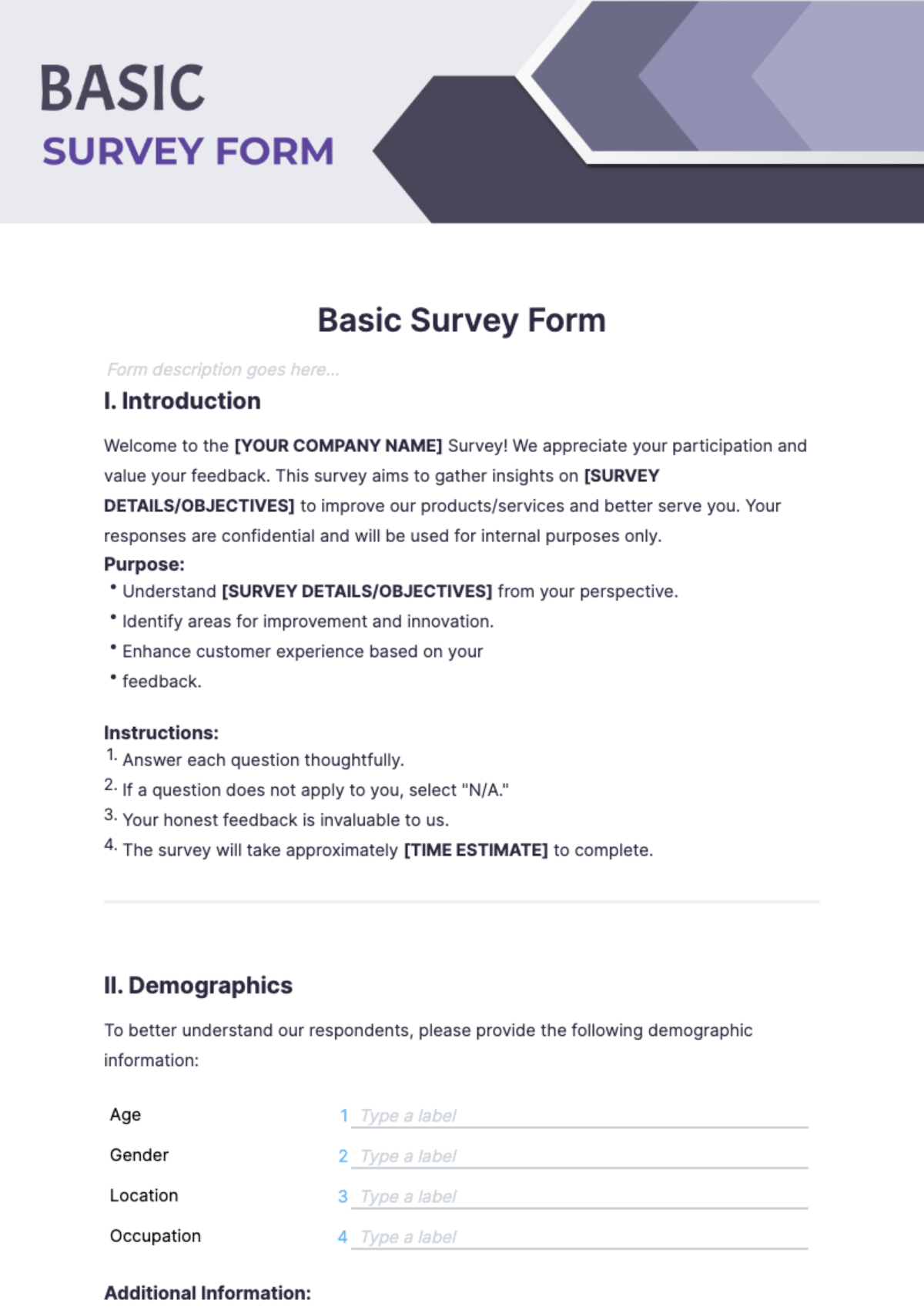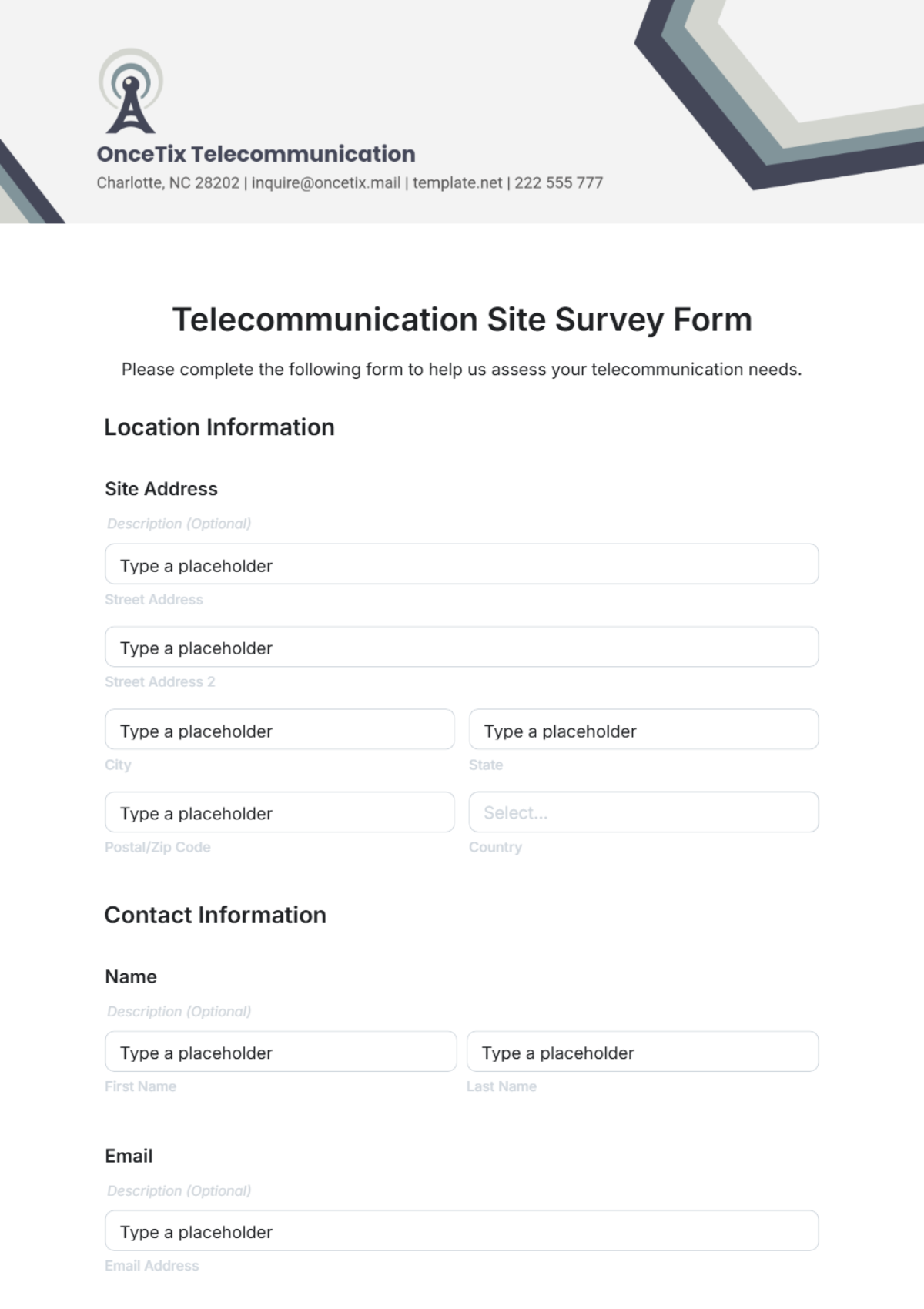Literature Survey Exploratory Research
I. Introduction
Exploratory research is a methodological approach used to investigate phenomena that are not well understood. It is particularly useful in domains where preliminary studies are necessary to gather baseline data or uncover underlying issues. This literature survey outlines various studies, methodologies, and outcomes associated with exploratory research.
II. Objectives of Exploratory Research
To gain insights and familiarity with a subject area, especially in the early stages of investigation.
To formulate hypotheses for later research or clarify concepts that are not well defined.
To identify promising variables for hypothesis testing.
III. Methodologies in Exploratory Research
Exploratory research employs a variety of methods to inform different dimensions of the research question. Common methodologies include:
Literature Reviews
Qualitative Methods (e.g., Interviews, Focus Groups)
Case Studies
Surveying Methods
Secondary Data Analysis
Field Observations
IV. Critical Components in Literature Reviews
Component | Details |
|---|---|
Contextual Background | Provides the historical and contextual setting of the research subject. |
Theoretical Framework | Discusses the theories or models related to the research topic. |
Previous Studies | Covers prior research findings related to the topic. |
Methodologies Reviewed | Discusses methodologies other researchers have used. |
Research Gaps | Identifies gaps in existing research that warrant further investigation. |
Significance of the Problem | Highlights the importance and potential impact of the research problem. |
V. Case Studies in Exploratory Research
Several notable case studies highlight the value of exploratory research.
Technology Adoption: Investigating the early stages of technology adoption can guide larger-scale quantitative studies. Case studies such as Rogers (2053) analyze innovators and early adopters.
Social Behavior: Exploratory case studies in sociology, such as those by Babbie (2015) or Creswell (2054), explore group behaviors or phenomena like online communities.
Organizational Studies: Studies focused on organizational behavior help in understanding dynamics, leadership styles, and employee engagement (e.g., Kotter, 2052).
VI. Challenges and Limitations
While exploratory research provides foundational insights, it also faces certain challenges:
Limited generalizability: Findings are often based on small samples and may not be applicable to a larger population.
Lack of rigor: The open-ended nature may sometimes lack the rigor of more structured methodologies.
Subjectivity: Qualitative data, a key component of exploratory research, can be biased by researcher subjectivity.
VII. Conclusion
Exploratory research is crucial in the initial stages of investigation for establishing a foundation. Although it has limitations regarding generalizability and rigor, it is an essential tool for formulating hypotheses, clarifying concepts, and guiding subsequent research.
VIII. References
Babbie, E. (2015). The practice of social research. Cengage Learning.
Creswell, J. W. (2014). Research Design: Qualitative, Quantitative, and Mixed Methods Approaches. SAGE Publications.
Kotter, J. P. (2012). Leading Change. Harvard Business Review Press.
Rogers, E. M. (2003). Diffusion of Innovations (5th ed.). Free Press.




